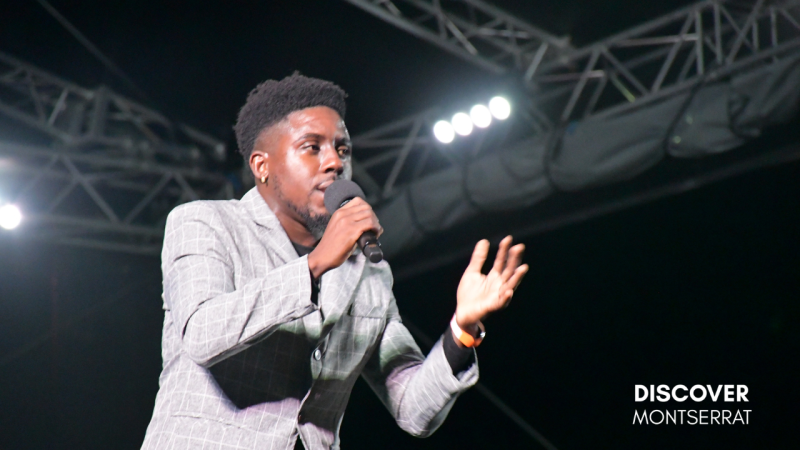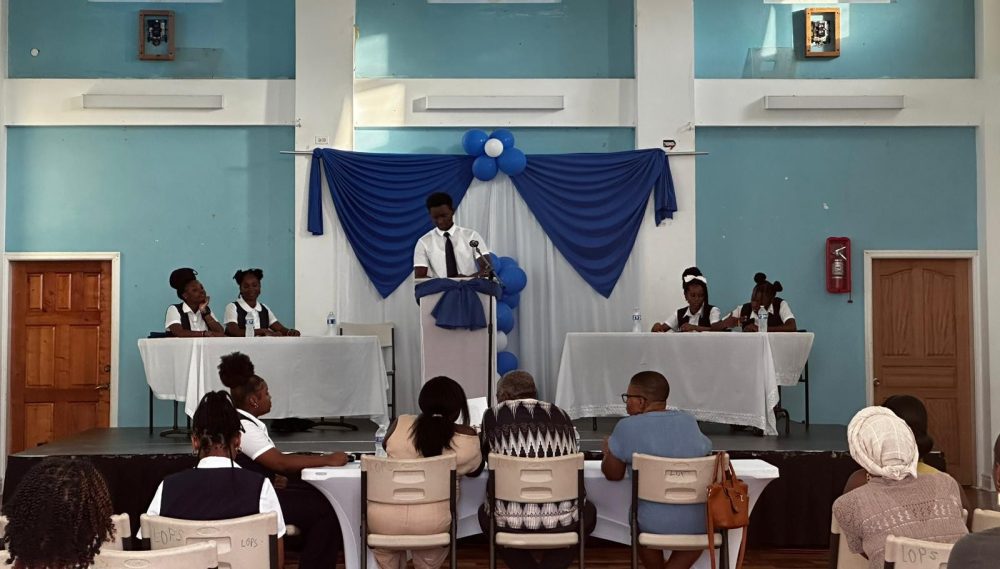
“Where, after all, do universal human rights begin? In small places, close to home – so close and so small that they cannot be seen on any maps of the world. … Unless these rights have meaning there, they have little meaning anywhere. Without concerned citizen action to uphold them close to home, we shall look in vain for progress in the larger world.” – Eleanor Roosevelt
For many persons, the make or break of human rights happen in the small personal spaces, in families, neighbourhoods, workplaces, and places of worship. For lesbian, gay, bisexual, transgender and intersex persons (LGBTI) these are the places where they first experience stigma, discrimination and violence. These ae the places where it is more difficult for the State to protect human rights. If we don’t become protectors ourselves, these small and familiar places become the house of pain and humiliation.
The theme for International Human Rights Day this year is Youth Standing Up for Human Rights. LGBTI youth are particularly vulnerable to stigma and discrimination. Their early and difficult experiences at home, in school and in their communities can lead to higher rates of absenteeism, lower grades, drop-outs and limited opportunities for their future. Religious and cultural intolerance results in them leaving or being pushed from their homes with no support systems, adrift. They face constant obstacles to access fundamental human rights such as housing, education, health and labour opportunities. As a result, a significant percentage experience homelessness putting them at risk of increased violence.
Many young people place themselves at the forefront of social change. They speak out against inequality, challenge discrimination and homophobia, just like they reject racism or unfairness. This August, the Cave Hill Campus of the University of the West Indies marked a milestone when their first transgender student graduated with an Upper Second-Class degree in Social Work. Every year during Pride in Kingston, Jamaica LGBTI activists come together in an event,Out for Jesus, a free praise and worship service, where members of the community defend their right to worship.
All United Nations Member States pledged to ensure “no one will be left behind” and to “endeavour to reach the furthest behind first” with the adoption of the 2030 Agenda for Sustainable Development. Members of gender and sexual minorities are disproportionately among the “left-behind”. Just because of whom they love and the lifestyle they prefer. Sustainable development and human rights can’t just disappear at their doorstep.
Our efforts have crystallised in an initiative part advocacy, part campaign, part capacity building, called “Being LGBT in the Caribbean”, which tries to share knowledge, cement partnerships and capacities to avoid human rights violations. We have a long way to go before equal opportunities in employment, health, higher education, justice and income are granted to some members of our families and communities. But we are determined to secure a world where human rights can indeed shine in all spaces, including those too small to be seen on maps. Where they matter the most.
Discover more from Discover Montserrat
Subscribe to get the latest posts sent to your email.



